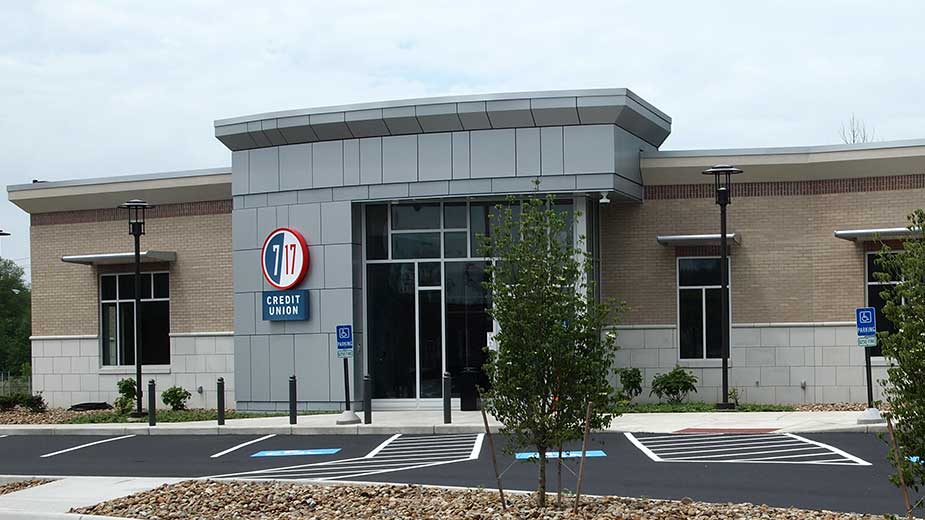Business Advisers Share Success, Horror Stories
YOUNGSTOWN, Ohio — Shannon Shugart, a yoga enthusiast 20 years, owns and operates PurYoga, a yoga studio on U.S. Route 224 in Boardman that opened in January. A year ago, her business was just a dream. “I knew what I wanted but I didn’t know how to go about it,” she says.
A good friend directed Shugart to a business seminar at the Ohio Small Business Development Center at Youngstown State University. Christine Dailey, a business consultant at the center, conducted the session.
“After class, I approached her about getting more information,” Shugart recalls. Dailey told her about the consulting services the SBDC offers. “I immediately made an appointment so I could start understanding the background of the business.”
“When Shannon came to me, she had a very clear idea of what she wanted the business to look like,” Dailey says, the feel, the atmosphere of the studio and the kind of clients she wanted. Shugart, well trained in yoga, knew the classes she wanted to offer and the education she needed to teach them. “The missing part was how to put that into a business plan and get the financial information that she would need to get a loan from the bank,” Dailey continues.
William D. Oliver, a certified business adviser with the YSU SBDC, emphasizes the importance of an entrepreneur researching the business plan.
A business plan contains information about the product, the market and potential for success and identifies customers and likely competition, “so you can at least be comfortable that your chance of success is pretty good before you get started,” Oliver says.
“A lot of the work we do is dealing with people who would like to start a business. We help them through that entire process, taking them from writing a business plan to performing financial things such as preparing a cash flow,” Dailey explains. “A lot of clients don’t understand how to estimate the numbers they need to get a bank loan.”
Thinking they don’t need a business plan is a key misconception many entrepreneurs have, Oliver adds. Without a plan, the likelihood of the business succeeding is considerably less.
“It’s almost human nature,” he observes. An entrepreneur bases his likelihood of success on the affirmation of family and friends who “of course are going to support you and make you feel that you’re right,” Oliver continues. “That’s a big mistake and a costly mistake.”
Starting out with a lack of capital is the most common challenge his clients face, Oliver says. Entrepreneurs who try to move forward despite such warnings are almost guaranteed to see their businesses fail.
“Virtually everyone thinks they know all about marketing,” he’s found. “They think marketing is advertising. And it’s a lot more than that.”
Another misconception is the availability of grant money to start a business, Dailey says. Entrepreneurs often don’t realize that a business won’t be profitable at first and they need to have cash to sustain them until it earns a profit.
Waiting too long to get help is another mistake. One of Dailey’s worst “horror stories” involved counseling an existing business, she says. The client, with whom she is still working after nearly three years, approached her “in extreme debt” that included tax liens against the assets of her business, mainly because she had begun the company as a hobby and “never started to treat it as a business.”
“In most cases, people come in with ideas of businesses that they’re interested in but they don’t recognize the upfront work needed to open a business,” affirms Frank Bordonaro, chairman of the Youngstown chapter of Score.
Score, originally known as the Service Corps of Retired Executives, counsels owners of existing businesses as well as entrepreneurs.
“Liking something doesn’t necessarily mean it’s going to be a good business and we do hear that as why people want to open a business,” Bordonaro says. An individual might want to open a restaurant but lack experience in the food industry. After babysitting with nieces and nephews or children in the neighborhood, he might want to open a daycare center. “They don’t recognize the specifics that are needed,” he says.
One of the first things Score counselors advise their clients to do is the research necessary to determine the viability of their business ideas.
“In many cases, some businesses may not be viable in this area,” he says, or the local marketplace is saturated with such businesses.
One instance Bordonaro recalls involved an individual who wanted to buy a property to open a membership-only “clothing optional” outdoor camp. The first question Youngstown Score raised was the limited operating window – three or four months – given the climate in northeastern Ohio. The other involved whether he had learned how the site was zoned.
“He had not done any viable research,” he says.
Through the years, Youngstown Score has counseled many businesses to achieve success, among them Trendy Trousseau in Hermitage, Pa.
The owner, Summer Wise, launched the clothing business out of her bedroom nine years ago and contacted Youngstown Score three years ago. After testing the waters in New Castle, she moved to Hermitage then opened a second location in Canfield, which has since relocated to Southern Boulevard in Boardman.
“Frank was awesome,” Wise says of Bordonaro. With his four decades of retail experience, he “helped me on the back end of the business,” she says, especially in helping her determine how much she needed to purchase for her market.
“She had a business plan but she revised it with us,” Bordonaro says. “We showed her how to manage her inventory. She’s very bright so she was a quick study and continues to do well. She is a very focused young lady, very savvy with great taste.”
That Wise “took our advice,” is something many people don’t, he says.
Often business owners and entrepreneurs fail to engage professionals as early as they should. Shawna L’Italien, a business lawyer with Harrington, Hoppe & Mitchell, advises hiring a lawyer as soon as one considers opening a business to determine the legal structure best suited – sole proprietorship, partnership, limited liability company, C or S corporation.
This is particularly important when there would be more than one owner, L’Italien says. It could be that one individual brings his skill and talent to the venture while another brings funding. Expectations about payment, ownership and control need to be defined, she points out.
Some individuals simply go online to purchase templates for legal documents. “If there’s anything out of the ordinary, it’s not going to cover that and potentially there are more problems down the road,” she warns.
L’Italien says she has encountered situations where the entity was set up with on a 50/50 ownership, either before her involvement or at the client’s insistence. “I always advise them that can mean a deadlock,” she says, which could lead to litigation to resolve their disputes.
Harrington, Hoppe & Mitchell’s Salem office worked with an entrepreneur who had more than one investor, L’Italien says, connected her to the resources to write an effective business plan and helped her on legal issuess.
“She’s now a great example of a success, somebody who took all the right steps with funders and advisers,” L’Italien says. “Now she’s probably going to succeed.”
Pictured: Shannon Shugart, owner and operator of PurYoga.
Copyright 2024 The Business Journal, Youngstown, Ohio.



